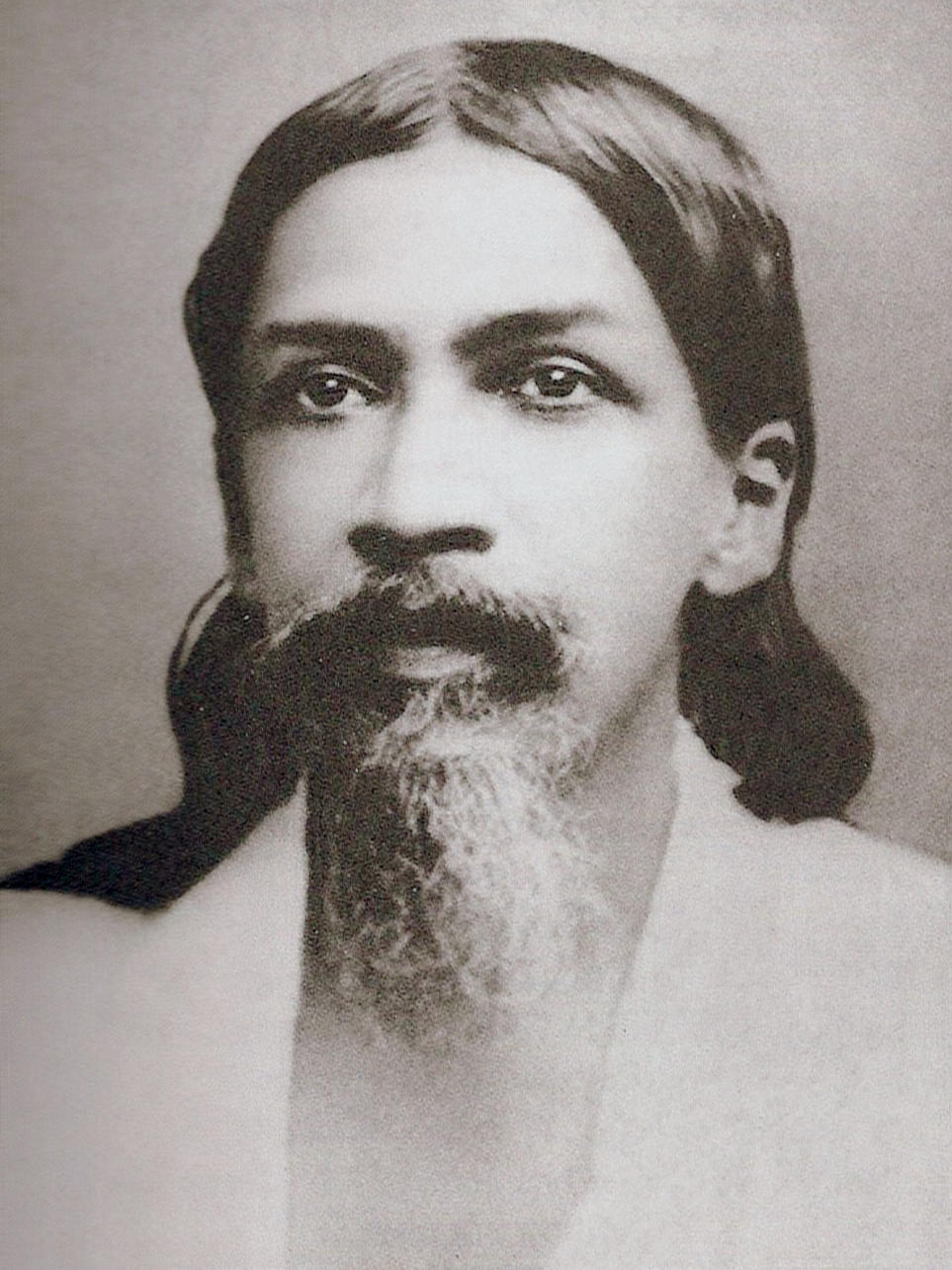"Savitri", Book 1 Canto 04, "The Secret Knowledge"
Aurobindo Ghose Zitate und Sprüche
Aurobindo Ghose: Zitate auf Englisch
Bhawani Mandir, 1905
India's Rebirth
The Renaissance in India (1918)
December, 1918
India's Rebirth
Thoughts and Glimpses (1916-17)
17 July 1909
India's Rebirth
Undated
India's Rebirth
4 December 1893
New Lamps for Old (1893)
September 13, 1936
India's Rebirth
Thoughts and Aphorisms (1913), Jnana
“Life has no 'isms' in it, Supermind also has no 'isms.”
It is the mind that introduces all 'isms' and creates confusion. That is the difference between a man who lives and a thinker who can't: a leader who thinks too much and is busy with ideas, trying all the time to fit the realities of life to his ideas, hardly succeeds, while the leader who is destined to succeed does not bother his head about ideas. He sees the forces at work and knows by intuition those that make for success. He also knows the right combination of forces and the right moment when he should act.... At one time it was thought that the mind could grasp the whole Truth and solve all the problems that face humanity. The mind had its full play and we find that it is not able to solve the problems. Now, we find that it is possible to go beyond mind and there is the Supermind which is the organization of the Infinite Consciousness. There you find the truth of all that is in mind and life.... For instance, you find that Democracy, Socialism and Communism have each some truth behind it, but it is not the whole Truth. What you have to do is to find out the forces that are at work and understand what it is of which all these mental ideas and 'isms' are a mere indication. You have to know the mistakes which people commit in dealing with the truth of these forces and the truth that is behind the mistakes also. I am, at present, speaking against democracy; that does not mean that there is no truth behind it. I know the truth [behind democracy], but I speak against democracy because that mentality is at present against the Truth that is trying to come down.
May 18, 1926
India's Rebirth
